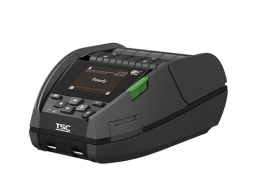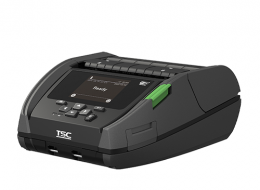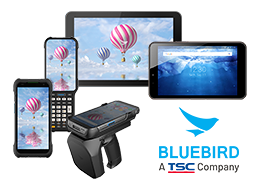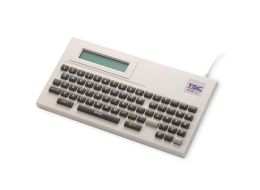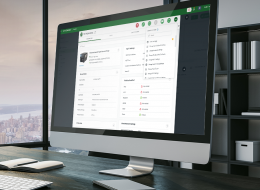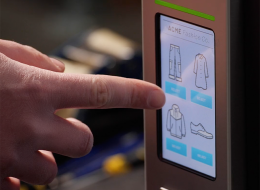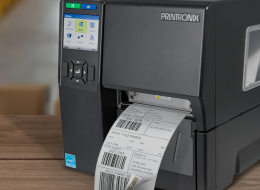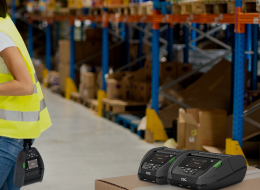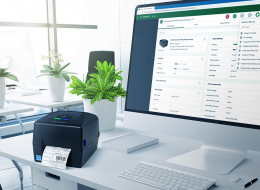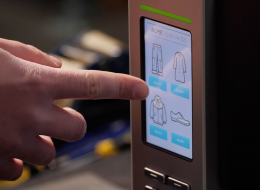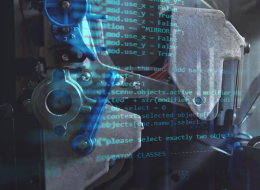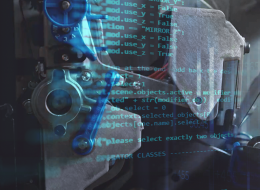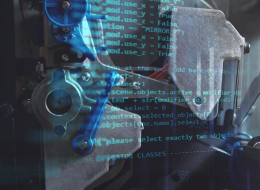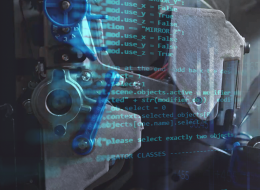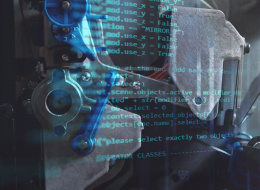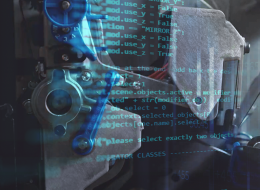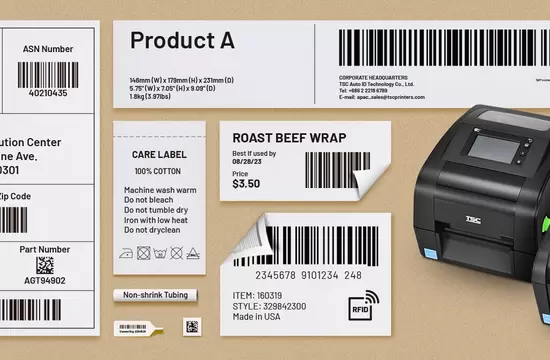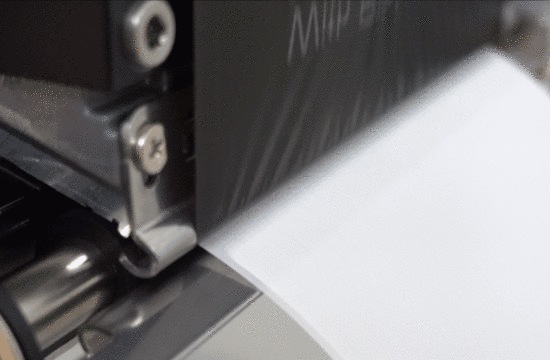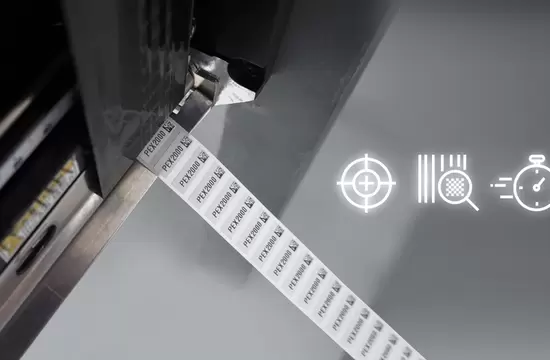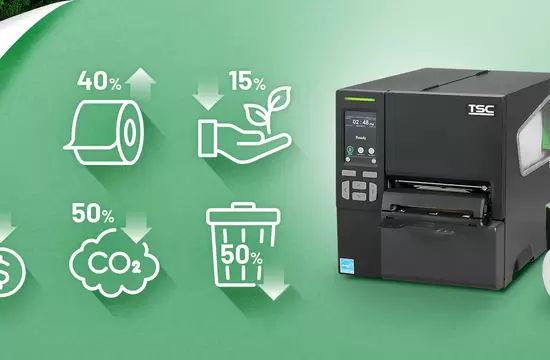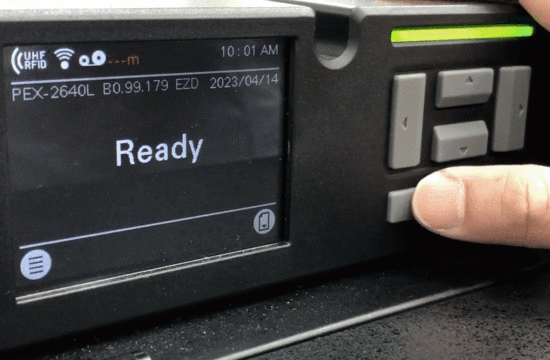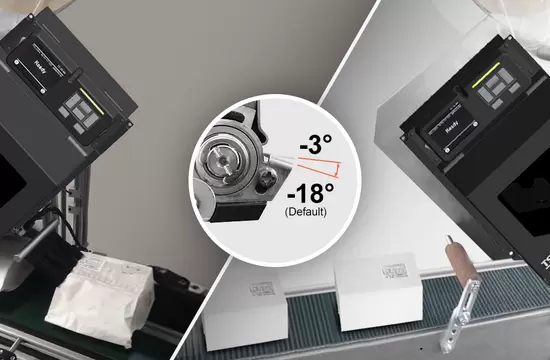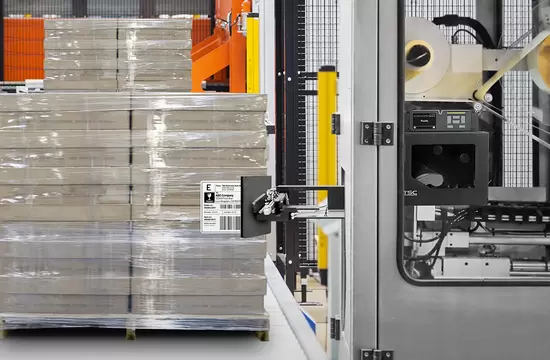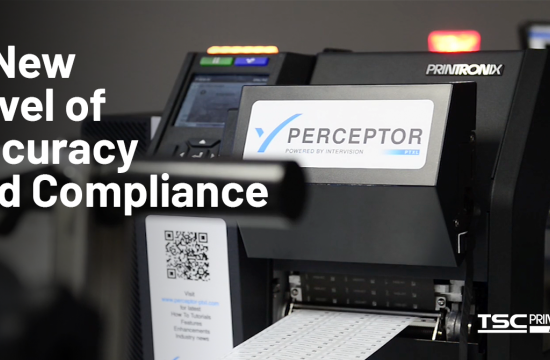Food & Beverage
Automotive
1429
/en/blog/automotive
Barcode Inspection
418
/en/blog/barcode-inspection
Company News
415
/en/taxonomy/term/415
Cybersecurity
1466
/en/blog/cybersecurity
Events and Tradeshows
1421
/en/blog/events-and-tradeshows
Food & Beverage
1426
/en/blog/food-beverage
Healthcare
1425
/en/blog/healthcare
High Resolution
414
/en/blog/high-resolution
Industry Trends
1419
/en/blog/industry-trends
Manufacturing
1424
/en/blog/manufacturing
Mobile Printing
1420
/en/blog/mobile-printing
Partner Perspectives
1465
/en/blog/partner-perspectives
Remote Printer Management
1432
/en/blog/remote-printer-management
Retail
1423
/en/blog/retail
RFID
416
/en/blog/rfid
Software Solutions
1433
/en/blog/software-solutions
Standalone
419
/en/blog/standalone
Supplies
417
/en/taxonomy/term/417
Tips & Best Practices
1431
/en/blog/tips-best-practices
Transportation & Logistics
1422
/en/blog/transportation-logistics
Warehouse & Fulfillment
1427
/en/blog/warehouse-fulfillment
Businesses are currently grappling with economic uncertainties arising from labor shortages, supply constraints, and inflation, all of which hinder the post-pandemic recovery. As a business owner or leader, your goal is to ensure the long-term success and resilience of your company despite evolving market conditions and emerging technologies. A well-defined IT strategy can help you adapt swiftly, allowing for resource reallocation to align with changing priorities. So, what’s the most rational approach to long-term IT planning, particularly when it comes to label printing solutions?
Labeling is a vital aspect of various industries that delivers essential information, yet it generates a considerable environmental footprint. For instance, an application using 6,000 ribbons annually with a standard roll configuration (110mm x 300m) can consume up to 833 kg of plastics, equivalent to nearly 25,000 plastic bottles.
Rising demand for automation and complex labeling applications has made automatic labeling grow in importance across various industries. Increasing customization, labeling requirements, and technological advances have led many businesses to search for solutions that help them cope with these growing demands while improving productivity and efficiency.
The concept of environmental sustainability has become increasingly important in recent years. Regulations further strengthen the circular economy to support sustainability, aiming to achieve a carbon-neutral, environmentally sustainable, toxic-free, and fully circular economy by 2050.1 Businesses are now under pressure to implement sustainable practices in their operations to prompt the reduction of CO2 emissions. Linerless labels offer an environmentally sustainable method to support this goal.
Changing any part of a print-and-apply system requires tremendous effort for Systems Integrators (SI). Taking print engine replacement as an example, SIs will have to reconfigure system settings or purchase new parts, spending additional time and resources.
Print-and-apply systems are often adopted in production facilities to eliminate manual and legacy processes to increase throughput and reduce expenses. This process automatically creates and applies labels to products, packaging, pallets, and more.
Systems integration for print and apply can be a complex, time-consuming process for automatic labelers. Systems integrators need to ensure that systems perform reliably for 24/7 operations to achieve production efficiency while ensuring easy system maintenance.
In a measure to expand and strengthen our ODV-2D inline barcode verifier portfolio, we are proud to announce our partnership with InterVision Global, an expert in complex inspection solutions for industry compliance.

